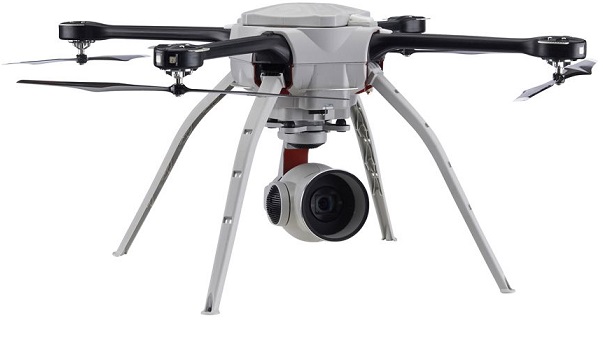Postcode ID and profiling techniques
In the wake of criticism that the UK is slipping increasingly into a surveillance society, experts are now claiming that the population can be accurately profiled to indicate potential troublemakers by their postcodes. Sociologist Professor Roger Burrows described the new techniques as frighteningly accurate.

In the wake of criticism that the UK is slipping increasingly into a surveillance society, experts are now claiming that the population can be accurately profiled to indicate potential troublemakers by their postcodes. Sociologist Professor Roger Burrows described the new techniques as frighteningly accurate.
Its routine to use social grouping in a sales context as this has been common practice for several years with the entire UK population placed in categories that marketers can use to target their clients sales messages. Politicians also use similar demographics and market research to spot members of the electorate who can be swayed to voting for their party. Its when the technology is used for other profiling purposes that groups who are opposed to more intrusion into privacy become vocal in their criticism.
The profiles that have been produced also include census and even credit card details to build up a picture of an individual within a certain postcode area. As most postcodes cover on average only about 14 people, the profiling can be socially and geographically accurate when grouping people together with similar profiles.
Professor Burrows told the BA (British Association) Science Festival at York University that he had personally checked some of the data that the software had produced and was astonished at how accurate it was. Identifying groups and even individuals could be done with a wide range of data. The software can be used for marketing purposes, but the algorithm could also easily be used to identify potential offenders based on their postcode and digital footprint that everyone now leaves.
It could also encompass other public data, including DNA if a national database becomes a reality.



